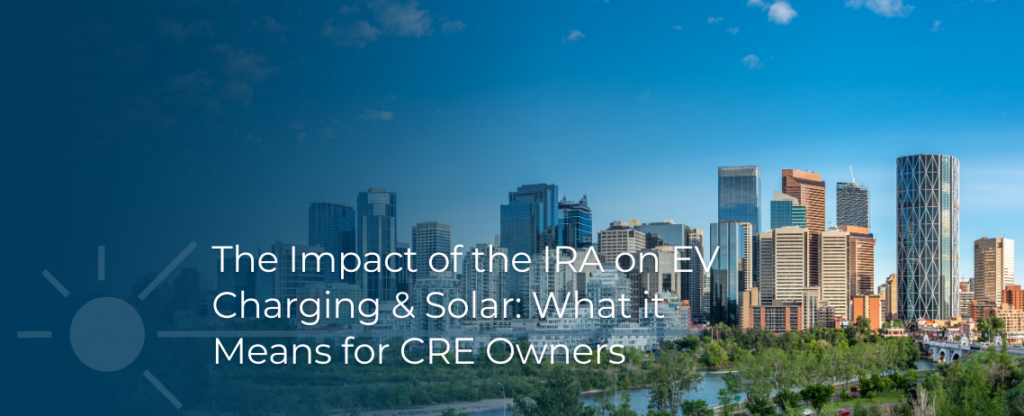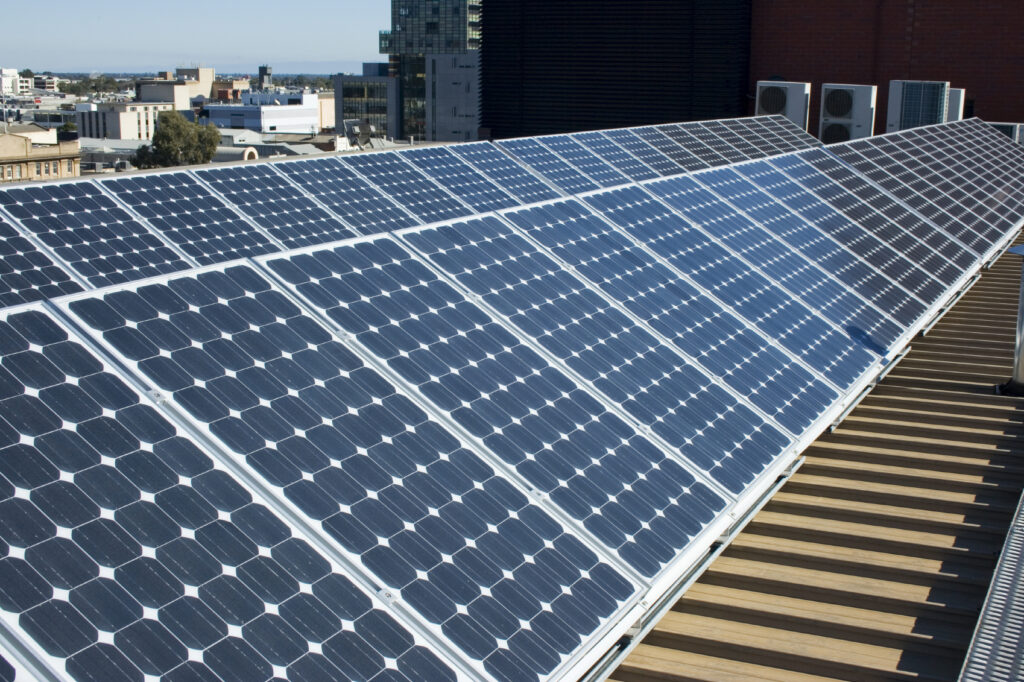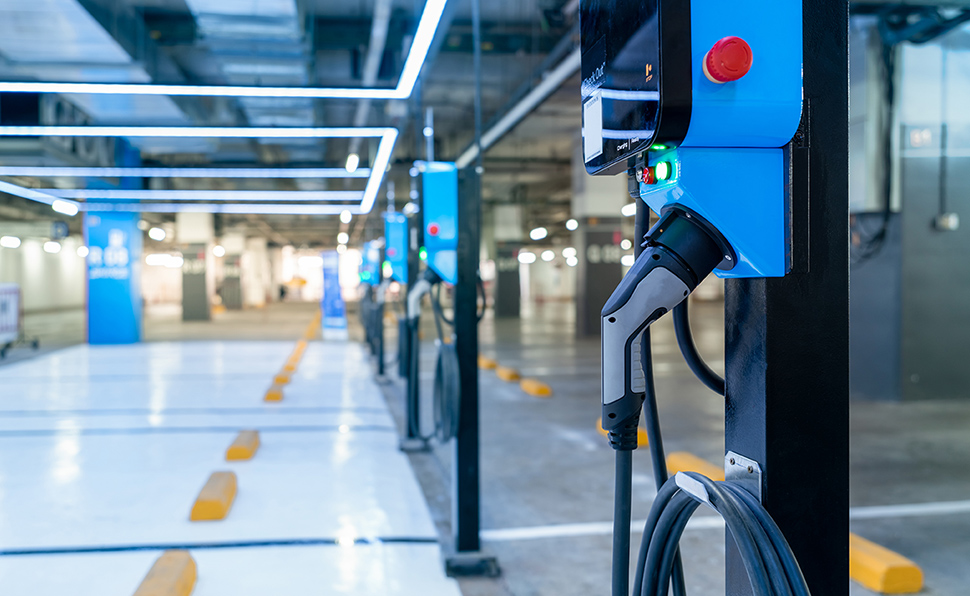
Pressure from investors and government regulations as well as demand from consumers are driving organizations to prioritize sustainability initiatives. More and more leadership teams are viewing environmental, social, and governance (ESG) as a value add to the business. A Bain & Company research study found that ESG activities correlate positively with stronger financial performance.
According to an IBM survey, 76% of respondents reported that it is central to their business strategy; 72% approaching ESG as a revenue enabler rather than as a cost center, and 45% expecting ESG efforts to result in improved profitability.
But it doesn’t stop there, 99% of S&P 500 companies in 2020 reported having a “sustainability-conscious”, versus 90% in 2019. Additionally, over 75% of Russell 1000 companies published sustainability reports in 2020, an increase from 65% in 2019.
With such a strong push to achieve aggressive ESG goals, commercial real estate (CRE) owners must consider all the factors that contribute to successfully implementing an impactful ESG strategy, such as the investment required. The Inflation Reduction Act (IRA) represents a massive investment in U.S. clean energy and may help CRE owners fund the transition to more energy efficient and sustainable spaces.
What is the Inflation Reduction Act?
The IRA was signed into law by President Joe Biden in August 2022. This Act creates funding and rule changes designed to increase investments in carbon-reducing technologies such as renewables, clean transportation, and heat pumps.
For real estate owners, the IRA will expand tax credits and offer funding for projects involving:
- Renewable energy systems (Solar)
- EV charging fleets and infrastructure
- Energy efficient equipment and installation (HVAC, lighting, etc.)
- Demand control energy storage
The Investment Tax Credit (ITC) enables businesses to receive a federal tax credit to offset the cost of a new solar or EV charging system. The IRA will further expand access to clean energy technologies for low-income communities and areas disproportionately affected by pollution. This means clean energy projects installed in low-income areas or multifamily apartment communities can receive bonus credit to the standard ITC. The IRA also provides grant funding to subside EV charging infrastructure along transit corridors.
The IRA also expands existing tax credits for energy efficiency and allows organizations without adequate tax liability that secure tax credits to benefit by transferring the credits to entities that can use them.
What This Means for CRE Owners
The IRA can help boost CRE owner’s efforts to achieve ESG or net zero goals by making projects economically attractive across a wider range of properties including multifamily apartments, hotels, office spaces, shopping centers, and other commercial buildings. Two keys solutions that are supported through the IRA funding include:
Solar
Organizations that are serious about curbing carbon emissions and striving for net zero targets are focusing on one of the best renewable energy sources – solar. Installing solar photovoltaic (PV) panels through a centralized approach is one of the best renewable energy sources as they are emission-free. Generating solar power on-site reduces the electricity used from the grid and helps lower operational costs. For CRE owners, utilizing solar as an energy source helps to:

- Reduce carbon emissions
- Increase property value
- Increase investor confidence due to sustainability progress
- Allow for more time to focus on other business initiatives
As part of the IRA, solar gardens are uplifted by the 10% tax credit added for energy communities, which broadens clean energy benefits, especially in underserved communities. This initiative also helps to finance low-cost, clean, reliable energy for low-income communities, such as multifamily complexes.
EV Charging
Implementing EV charging stations at offices, hotels, multifamily apartments, and shopping centers is an excellent method to help CRE owners effectively meet sustainability initiatives. EV chargers help to reduce greenhouse gas emissions for an impactful environmental solution. Installing EV charging stations can also help improve your bottom line. Research shows that a majority of consumers (51%) aged between 16 and 34 would be more likely to shop with a retailer that has made consistent efforts to be sustainable over one that has not. EV chargers can help encourage drivers to spend time or money at your establishment while taking advantage of available charging stations.

In addition, with a large jump in electric cars on the road, CRE owners are faced with new demands. According to McKinsey, in line with federal targets that half of all vehicles sold are zero-emission vehicles by 2030, it is estimated that America would require 1.2 million public EV chargers and 28 million private EV chargers by that year. Unlike gas-powered cars, electric vehicles have a building-centric fueling model. Historically, drivers expect to fuel up at conveniently located gas stations 2-3x per week, whereas EV drivers expect to top up several times a day at the places they live, work, and shop. In this new world, having EV charging available at your properties is critical.
Next Steps to Achieve ESG Goals
EV charging stations and solar PV panels are proven solutions to help CRE owners improve property values and achieve ESG goals. However, achieving the necessary returns to justify investment has historically been a roadblock.
While not every detail has been finalized, now is the time for CRE owners to identify and plan for an EV charging solution or solar PV project implementation, and to partner with a ESG implementation expert for project delivery. CRE leaders in every asset class are actively putting plans together to pursue IRA-driven opportunities.

SitelogIQ has a proven history of delivering rapid ESG impact through portfolio-wide property improvement initiatives and industry-specific best practices. We help real estate owners quickly create and execute strategic, centralized, and measurable ESG programs in lighting, EV charging, water conservation, and solar that generate immediate and ongoing portfolio value, manage risk and maintain access to capital. It’s why the world’s largest commercial, industrial, and multifamily real estate organizations trust us to help them develop and execute their mission-critical ESG efforts.
Contact us today to learn more about our solutions and how we can help you drive your ESG efforts.


